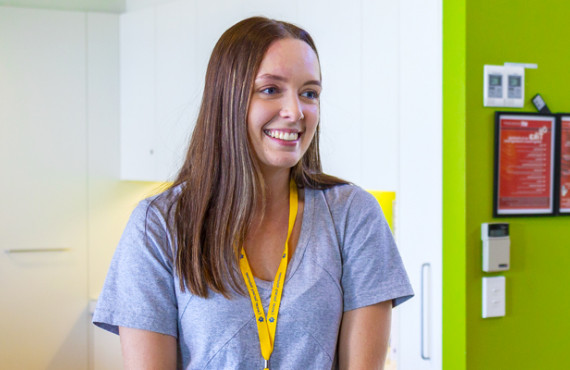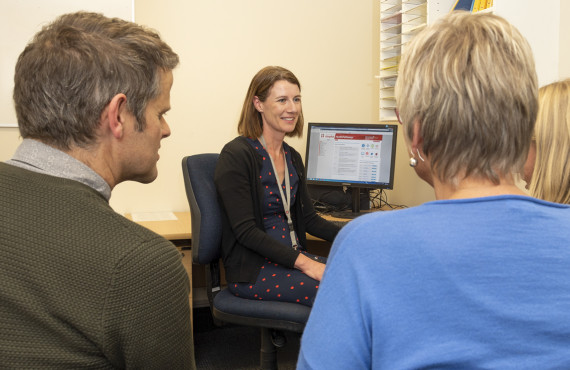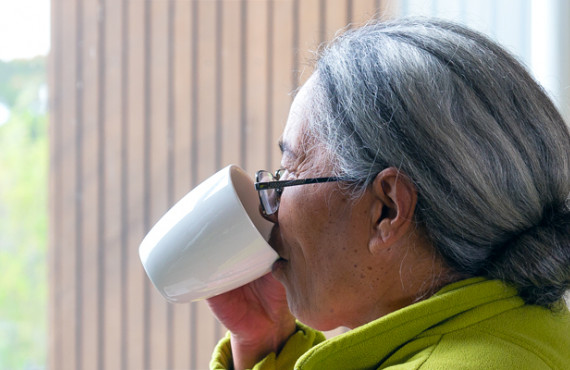Most melanomas start in the skin, but they can grow in other parts of the body, including the eye.
What is eye melanoma?
Melanoma of the eye, also called ocular melanoma, is a cancer of the eye.
Like the rest of your body, the eye is made up of tiny 'building blocks' called cells.
Melanoma is a cancer of the cells called melanocytes. In the eye, melanocytes give eyes their colour.
Melanoma of the eye begins when melanocyte cells begin to grow abnormally.
Cancer is a disease of the body's cells. It starts in our genes. Our bodies are constantly making new cells, a process controlled by certain genes. Cancers are caused by damage to these genes. As the damaged cells replicate a lump or tumour is formed.
Tumours can be:
- Benign - not cancerous. These do not spread to other parts of the body.
- Malignant - cancerous
Types of eye melanoma
- uveal melanoma - starts in the uvea, the middle layer of the eye
- conjunctival melanoma - starts in the conjunctiva, the white part of the eye
- melanoma on the eyelid - is very rare and treated similarly to melanoma of the skin
The eye is made up of several layers of tissue and filled with a clear jelly.
The uvea is the middle layer of the eye. It controls how light comes into the eyeball and helps the eye to focus. It includes:
- iris: the coloured part of the eye
- ciliary body: the muscle that focuses the eye
- choroid: part of the lining of the eyeball
Most melanomas of the eye occur in the uvea. This is known as uveal melanoma. Melanoma can occur on the white part of the eye, the conjunctiva, known as conjunctival melanoma.
Eye melanoma symptoms
Signs and symptoms of eye melanoma include:
- decreased vision, and sometimes they have lost a bit of their side vision
- seeing flashing lights or shadows
- brown or dark patches on the white of the eye
Often there are no signs of early-stage eye melanoma and it is found during a routine eye check.
Having these symptoms does not mean you have eye melanoma, but it is important to get any changes checked by your doctor.
Tips for talking to your doctor
- make a list of what you are feeling and how often it happens, including as much detail as possible
- think about your family/whānau history of cancer and tell your doctor
- go back to your doctor if you don't feel better, even if tests show you don't have a problem - you can ask for a second opinion if you want one
- take a family/whānau member or friend with you to the appointment for support
What causes melanoma of the eye?
Like many types of cancer, we don’t always know why people get eye melanoma, but some things increase your risk.
Risk factors for melanoma of the eye include:
- getting older
- light coloured eyes

Doctors use eye exams, CT scans, MRI and biopsy to diagnose eye melanoma.

We are here to help and support you and your whānau through cancer diagnosis, treatment and recovery…

We've put together a list of questions you may wish to ask your treatment team.

Cancer can impact not only your health but your lifestyle and relationships.
We know that going through cancer is tough and can raise many questions. You are not alone.
We have health professionals to answer your questions and provide the support you need.
Get in touch
